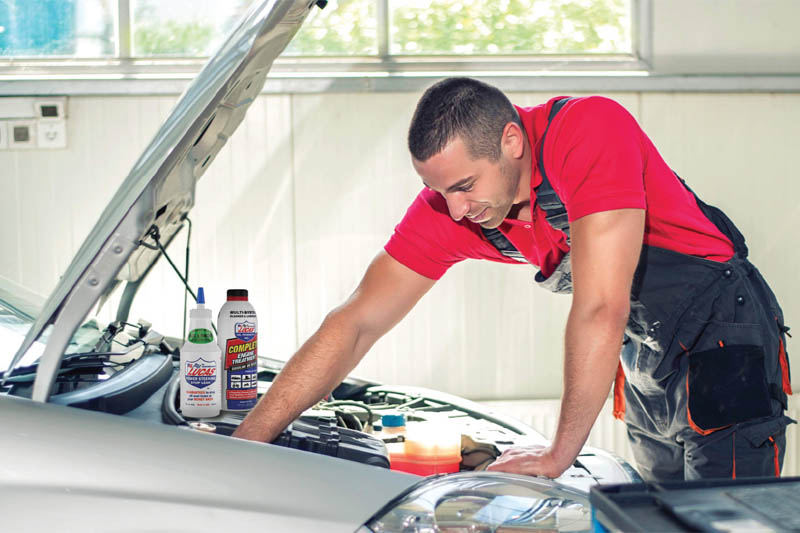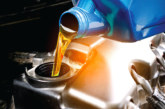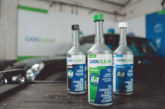
As well as reaching out to automotive professionals, the Lucas Oil Academy is geared to work with more UK technical colleges too, and that is an ambition of the company’s UK Sales and Operations Director, Dan Morgan.
Additives are increasingly seen as advanced engineering solutions, as toolbox accessories that should be used to support planned maintenance programmes.
That’s the message that the team broadcasted from a stand at the recent MECHANEX exhibition – which, next year, will be reinvigorated and named PMM Live. As well as targeting your customers, technical colleges and their engineering faculty lecturers are very much in the US additive manufacturer’s thoughts.
The Lucas Oil Academy wants to equip technical colleges and the young learners on their vehicle maintenance modules with a greater understanding of additive technologies. It hopes to help them accept, more readily, the use of additives and to encourage their use when they return to their professional environment.
LOA is the training arm of Anglesey-based Lucas Oil UK, which distributes the range of oils, additives and lubricants manufactured by the company’s US parent. To date, the LOA team has been working with local educational establishments, such as Coleg Menai in North Wales.
There, for example, two groups of Motorsport Engineering Level 1 students have been exploring ways in which a selection of additives from Lucas Oil can help to reduce engine wear and increase overall engine performance. The project will end next year with a race-off involving project cars that each group will have built during the course.
Dan said: “It’s time to address a wider audience of college lecturers around the UK. We want to help more of them and their young learners to understand the practical, economical and operational benefits that using additives can provide.”
Additives can be ideal solutions for a number of different running issues; for example, a diesel-driven car that’s being used mainly on the school run will be susceptible to DPF issues and may benefit from a Diesel Deep Clean additive. Furthermore, a vehicle that’s only a marginal MOT test failure may be helped to pass its subsequent re-test with the help of a fuel additive, such as Upper Cylinder Lubricant. Also, Engine Oil Stabilizer can provide greater internal engine protection for a vehicle that’s frequently parked up for extended periods.

The latest additive technologies are very advanced, according to Lucas Oil; for instance, Complete Engine Treatment was designed for – and is compatible with – fuel systems and oil systems. As well as increasing engine efficiency and fuel economy by removing carbon, tar and resin deposits, it’s an additive that can combat impurities in the oil or in the fuel before they are deposited.
Dan added: “We also want learners to appreciate that additives are not just about treating issues within fuel and oil systems. Used appropriately, problem solving additives, such as Transmission Fix and Power Steering Stop Leak are greener, more sustainable solutions. They can also help extend component life when, beforehand, the only alternative answer might have been component replacement.”
More recently, the additive focus has been on problems associated with higher levels of ethanol in the latest E10 fuels. The potential for damage to components, such as rubber fuel pipes in older cars and even some of the newer models, has been well documented, but Lucas Oil said the ‘fuel separation’ that occurs inside fuel tanks is a direct result of the increased ethanol content in fuel. This process and its potential for adversely affecting engine performance is less widely appreciated.
With support from the LOA, the next generation will be better placed to diagnose problems that an appropriate additive solution may be able to address – it’s a win-win for mechanics and those stocking Lucas Oil products.







